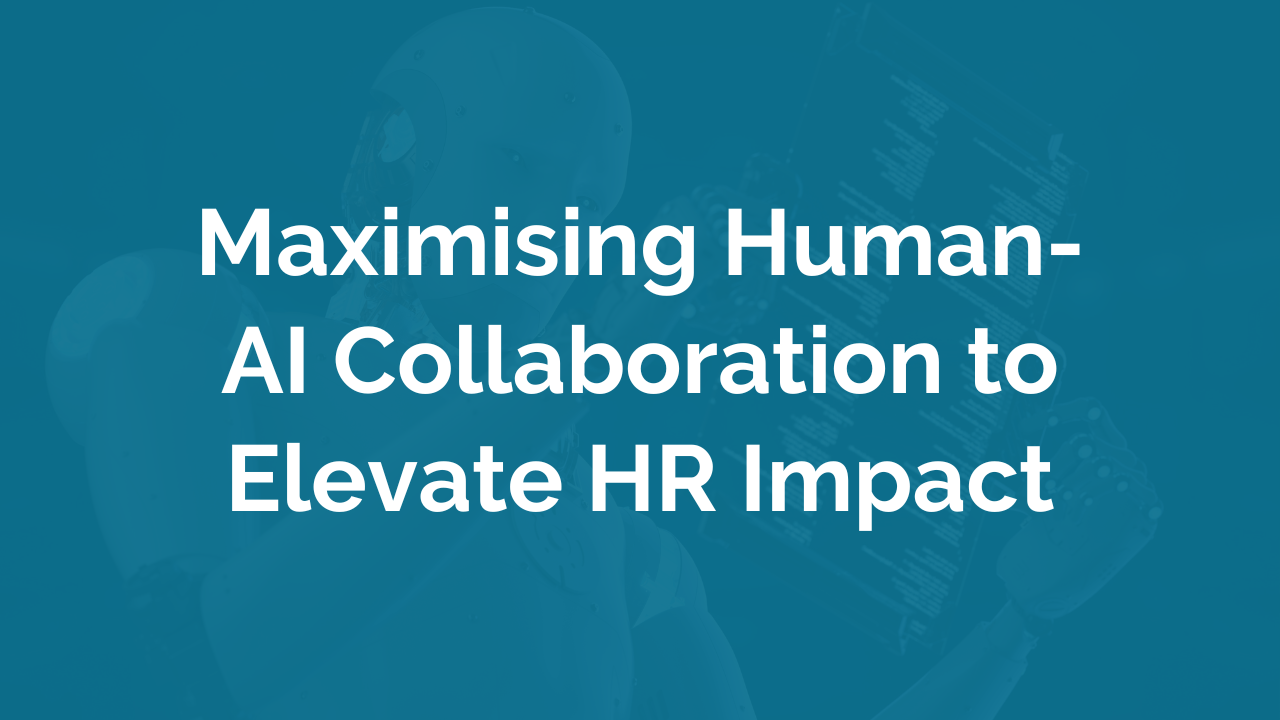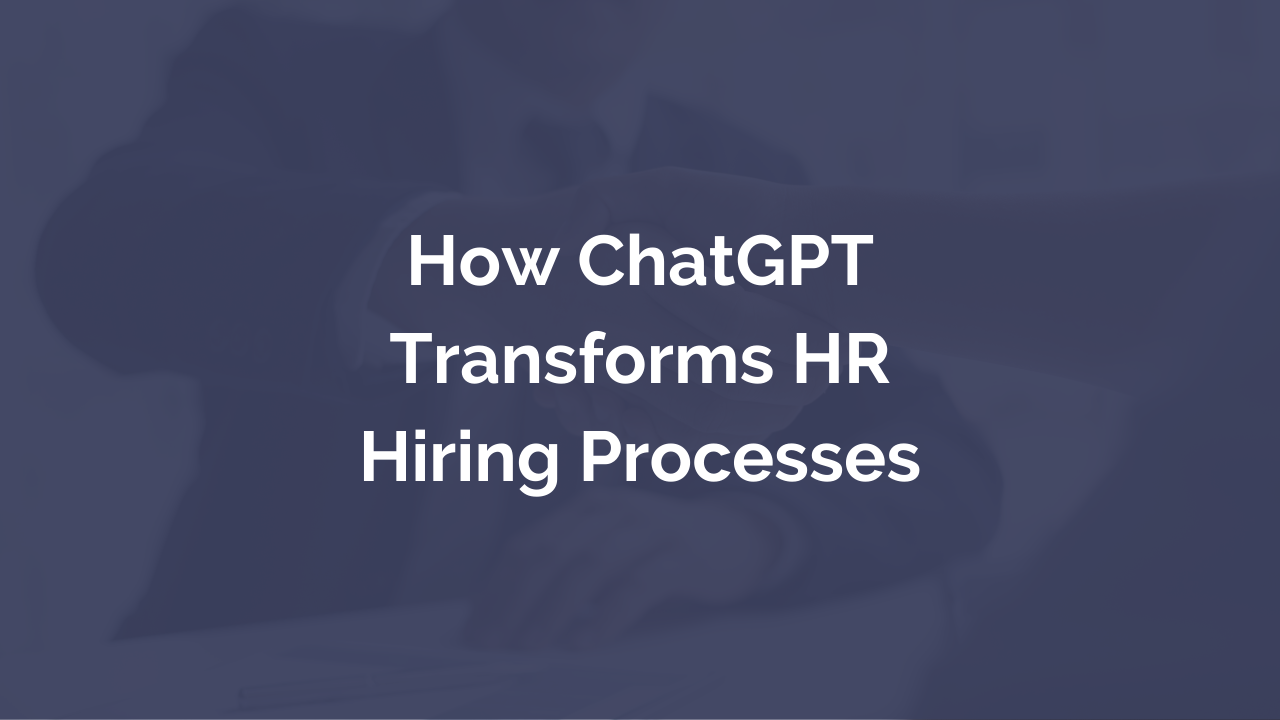New technologies are playing an increasingly important role in shaping the way organisations operate. We are seeing sales teams using AI-powered tools to improve their lead generation and customer acquisition processes, while marketing teams are leveraging data analytics and automation to optimise their campaigns and create more personalised consumer experiences.
Read MoreIn today’s digital age, where AI adoption has become a competitive necessity, the question facing every HR leader is not whether to include AI in their strategic toolkit but how best to integrate it. AI integration will only be as effective as its collaboration with the end user—humans—a notion underscored by recent research at MIT. Studying the synergy between AI and radiologists, the research revealed that while AI systems can rival or surpass human abilities in specific tasks, human biases in integrating AI insights can significantly undercut the potential benefits of such collaboration.
Read MoreIn the era of technological disruption, workers have often found themselves trapped in a cycle of robotic responses to endless emails, messages, and notifications. With the rise of AI, which takes over mundane tasks, what remains for humans to do?
Read MoreThe journey towards a data-driven HR has been a slow but steady one. From traditional methods of recruitment, employee engagement and performance evaluation to using data and analytics to inform decisions, the HR industry has come a long way.
Read More"AI will not take your job; someone who knows how to use AI will”. This now widely used quote encapsulates why Artificial Intelligence is not simply a tool that employees utilise but an extension and augmentation of their capabilities. While already 14% of organisations report that they regularly use AI in marketing and sales, HR's utilisation is near the bottom with only 3%.
Read MoreThe integration of artificial intelligence (AI) into the fabric of our work environments is neither a new concept nor an easily digestible one. We have been using it for years. However, since the arrival of generative AI and large language models (LLMs) such as OpenAI's ChatGPT, DALL-E, and Google's BARD, their presence in our daily lives has become more apparent.
Read MoreCompanies across the world are looking for ways to incorporate or expand their use of AI in HR processes, either by purchasing HR technology with AI built in, or by recruiting data scientists to join or support their people analytics team to develop in-house solutions.
Read MoreDespite people analytics always having a role in HR, during the pandemic, we saw its importance amplified even more, helping HR and people management professionals across the organisation navigate the 'the great resignation', the paradox of hybrid productivity, and the changing expectations of employees.
Now, as we look to the future, we must ask ourselves - What will the role of HR be in 2030? How can we prepare for it? And most importantly, how can generative AI help us get there?
Read MoreLeaders need to be emboldened to continue to think outside of the HR box, to use emerging tech rather than fear it, and to utilise the unique skills of a multigenerational workforce. However, understanding what trends will drive the future of work is one thing - understanding how leaders put these trends into practice is the key to success. To help you on your way, we have put together some great examples of the top HR trends and predictions of 2024, and have provided some actionable tips on how to put them into practice.
Read MoreIn this fast-paced digital world, where the race to attract and secure the best talent is more intense than ever, traditional hiring processes no longer cut it. Gone are the days when HR professionals could afford to spend hours reviewing stacks of resumes and conducting time-consuming interviews.
Read More









